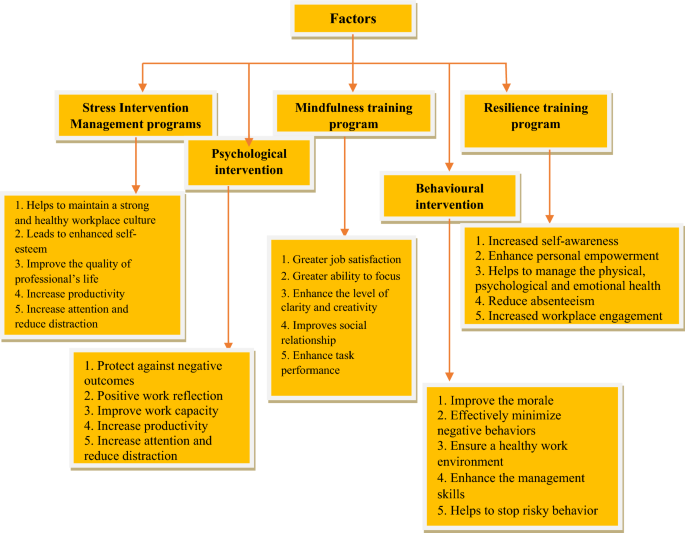
Balancing Work and Life: Strategies for the Modern Woman
In today’s fast-paced world, many women find themselves juggling demanding careers alongside personal responsibilities. The struggle to maintain a work-life balance can often feel overwhelming, but it doesn’t have to be. With the right strategies, women can create a fulfilling and harmonious life that honors both their professional aspirations and personal well-being.

Understanding the Challenge
The modern woman faces unique pressures, from climbing the corporate ladder to managing family obligations. According to a recent survey conducted by the American Psychological Association, 75% of women report feeling stressed about their work-life balance, a statistic that underscores the need for effective strategies. This can lead to feelings of burnout and stress, making it essential to find a balance that works for you.
The Impact of Imbalance
The consequences of poor work-life balance can be severe, manifesting in various ways, such as decreased productivity at work, strained relationships, and even health issues. The Centers for Disease Control and Prevention (CDC) notes that chronic stress can contribute to a range of health problems, including anxiety, depression, and cardiovascular disease. Thus, prioritizing well-being is not just beneficial; it is essential.
Practical Tools for Balance
1. Work-Life Balance Audit
One effective strategy to initiate change is to conduct a Work-Life Balance Audit. This one-hour course, offered by Madison College, helps participants assess where their time and energy are currently being spent. By identifying areas of imbalance, women can prioritize what truly matters. As highlighted in the course description, "If you often feel overwhelmed or stretched too thin between work and life commitments, this course is perfect for you."
2. The Working Mom Reset
For women in high-pressure roles, the Working Mom Reset program offers actionable strategies to manage schedules effectively, keep stress at bay, and develop habits that promote a balanced workday. This three-week series teaches participants to maximize their productivity without compromising their well-being. Key components include:
- Week 1: Get the Most out of Your Schedule (Without Burning Out)
- Week 2: Keeping Stress in Check (Even on the Busiest Days)
- Week 3: Simple Habits for a More Balanced Workday (That Actually Stick)
As shared by one participant, "This program has transformed my approach to managing both work and home life. I've learned to put my well-being first."
3. Mindfulness Practices
Incorporating mindfulness techniques, such as meditation or yoga, into daily routines can greatly benefit mental health. According to a study published in the Journal of Occupational Health Psychology, practicing mindfulness can reduce stress and increase focus, enabling women to tackle responsibilities more effectively. Engaging in these practices just a few minutes each day can lead to significant improvements in overall well-being.

Building a Supportive Community
Connecting with other women who share similar experiences can provide invaluable support. Consider joining local groups or online communities where you can share challenges and successes, fostering a sense of camaraderie and understanding. Research indicates that social support is crucial in alleviating stress and promoting resilience among women in demanding roles.
Samantha Lee, a corporate manager and mother of two, emphasizes the importance of community: "Joining a local mothers’ group has been a game-changer for me. Sharing experiences and strategies with other working moms has made me feel less isolated and more supported."
Seeking Professional Help
Sometimes, the challenges of maintaining a work-life balance can be overwhelming, and seeking professional help is a sign of strength. Mental health professionals can provide tailored strategies to help women navigate their unique challenges effectively. The National Alliance on Mental Illness (NAMI) suggests that therapy can help individuals develop coping mechanisms and prioritize self-care.
Conclusion
Achieving work-life balance is an ongoing journey that requires self-reflection and adaptability. By implementing these strategies and seeking support, women can create a fulfilling life that honors both their professional and personal aspirations. Remember, it’s not about perfection; it’s about progress and finding what works best for you.
As the famous author and activist Oprah Winfrey once said, "You can have it all. You just can’t have it all at once." By embracing this mindset and prioritizing well-being, women can successfully navigate the complexities of modern life.
References:
- Madison College Work-Life Balance Audit
- American Psychological Association
- Centers for Disease Control and Prevention
- National Alliance on Mental Illness
For more insights and tips on maintaining a healthy work-life balance, be sure to connect with communities dedicated to women's empowerment and mental well-being.